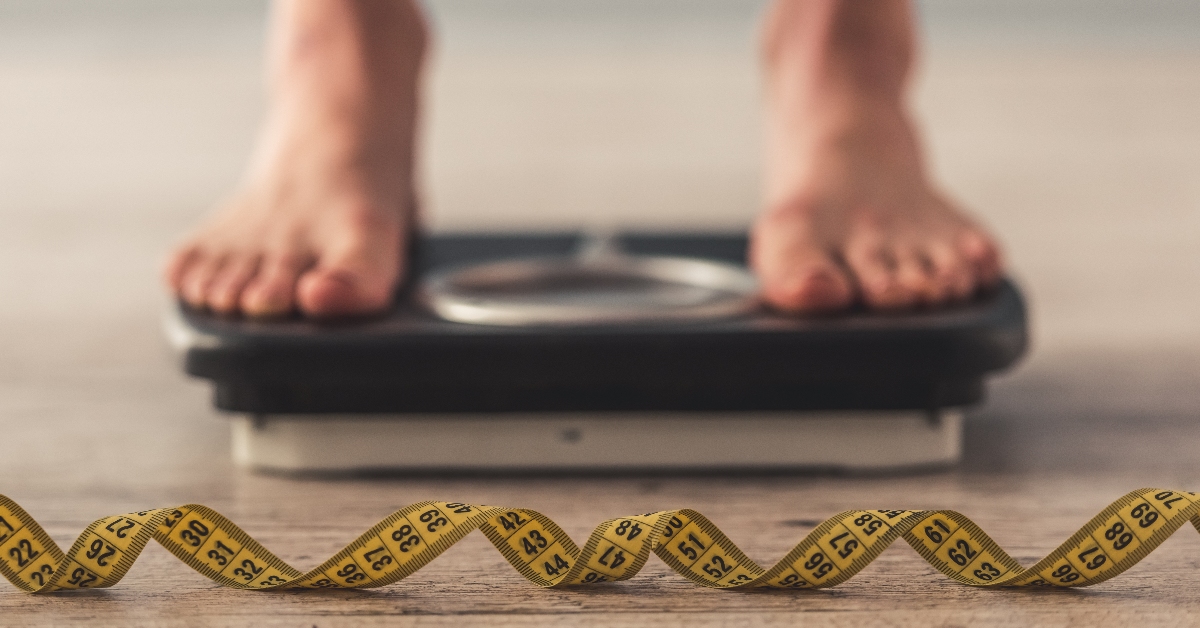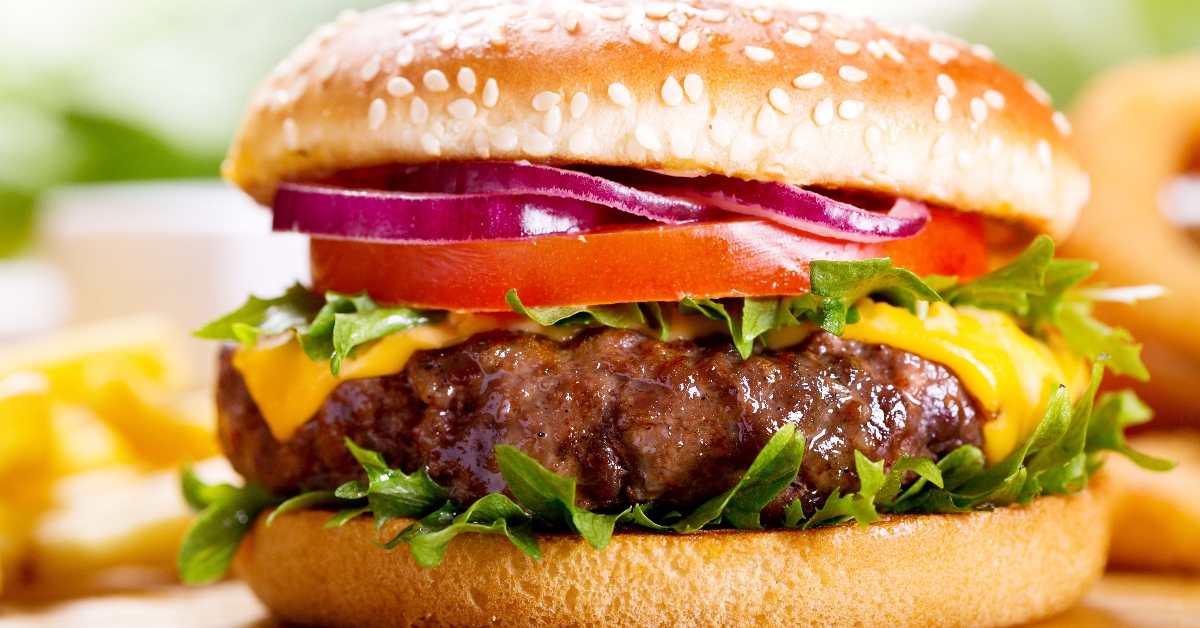Calorie information will be featured on menus at any restaurant chain with more than 250 staff in England as part of a Government drive to tackle obesity in the UK.
Now Scots are being asked for their views on the move with two-thirds of people in the country overweight or obese.
Alongside enduring health inequalities, a stall in life expectancy, record-breaking drug deaths and Covid-19, obesity is one of Scotland’s biggest and most complex public health challenges.
Eating out is common place with almost everyone in Scotland (98%) consuming food outside the home.
 iStock
iStockThis week, it was made a legal requirement for cafes, restaurants and takeaways to display calorie information on any non-prepacked food and soft drinks prepared for customers from April 6 in England.
The Scottish Government is considering following suit and has launched a 12-week consultation on how mandatory calorie labelling could apply.
What are calories and how many should you be having?
A calorie is a unit of measurement for energy within food and drink. Calories are an indicator of the amount of energy in the food that your body can use to function. If you consume more calories than your body can use, energy becomes fat.
According to NHS Scotland, the recommended daily calorie intake is 2000 calories a day for women and 2500 for men. However, these values can vary depending on age, size and levels of physical activity, among other factors, and if you are more or less active you may choose to alter this slightly.
Will calories on menus help people live more healthily?
Calorie information at point of choice can reduce the amount of calories ordered or consumed, according to two reports from Food Standards Scotland (FSS).
“FSS has long proposed the introduction of mandatory calorie labelling as part of a suite of recommendations to address the nation’s poor diet,” said Dr Gillian Purdon, FSS’s head of nutrition science and policy.
“With eating out is now an everyday occurrence and nearly a quarter of our calories coming from food and drink purchased outside of home, mandatory calorie labelling is one way to support people to make healthier options.”
How does calorie labelling affect people with eating disorders?
People with experience of eating disorders and charities supporting them have raised concerns about the plans.
SupportED, a Scottish charity set up in memory of Linda Tremble who sadly lost her battle with anorexia nervosa in 2011, has warned it could cause people to develop unhealthy habits.
Diane Waugh, SupportED’s operations director, said: “While we would support healthy food choices for most people, we know from the people we support with eating disorders this could have the opposite effect.
“Counting calories is one of the ways people with anorexia nervosa restrict their food intake to dangerously low levels and seeing low calorie options on menus could potentially encourage very poor choices.
“The people we support with binge eating disorder struggle with feelings of guilt and shame and displaying calories on menus could also cause unnecessary anxiety.”
What does the Scottish Government say?
Public health minister Maree Todd said: “Before the pandemic, people living in Scotland were consuming more and more food and drink out of home or ordering it in. Whether it’s breakfast at a roadside cafe, grabbing a lunchtime soup and sandwich from a local convenience store or ordering food online from a restaurant, most of us were increasingly buying food outside the home – a trend I expect to resume as we recover from the pandemic.
“Two-thirds of the population living in Scotland is recorded as living with overweight or obesity – a key factor in our plan to address this is calorie labelling. We know that giving people more information, such as the number of calories in meals will enable people to make healthier choices when eating out, or ordering in. This is not novel practice – calories are already required on retail food purchases and calorie labelling for out of home sites is mandated in many other countries.
“Many food companies in Scotland have already taken this significant step voluntarily. We want to learn from those experiences and I would urge everyone to share their thoughts in this consultation.”
Follow STV News on WhatsApp
Scan the QR code on your mobile device for all the latest news from around the country


 iStock
iStock
























